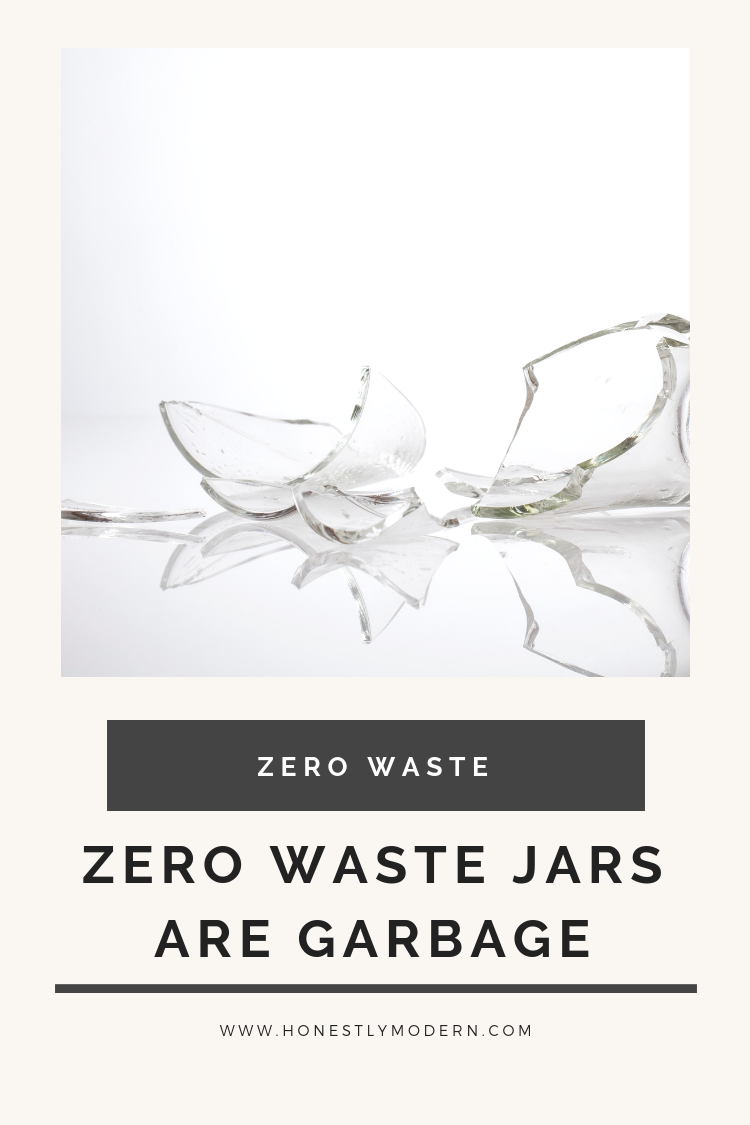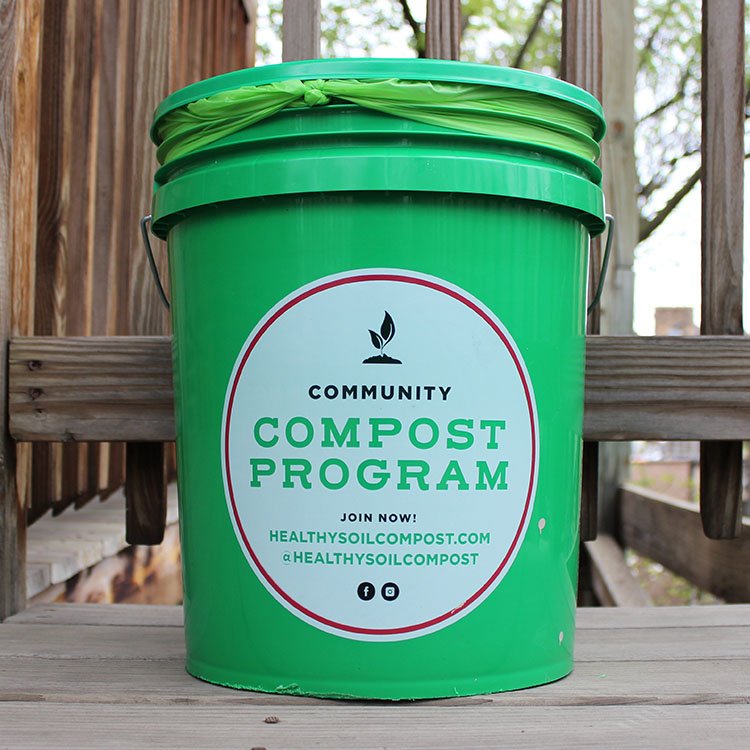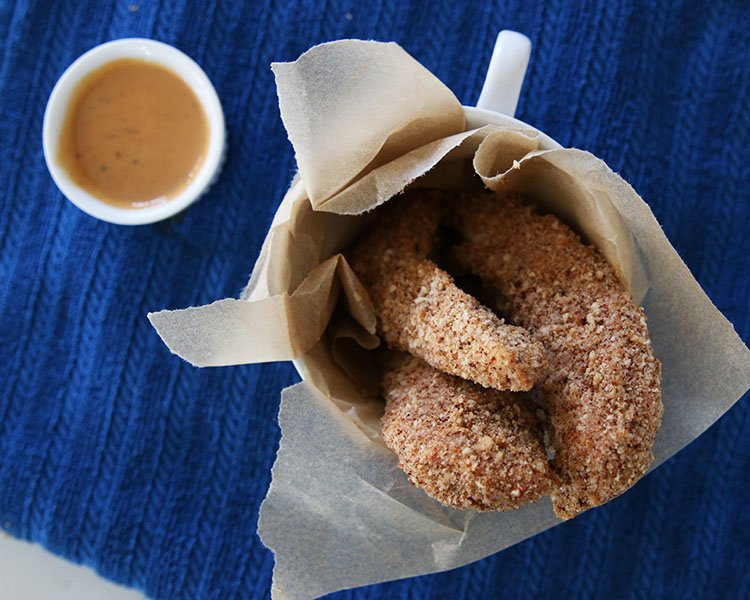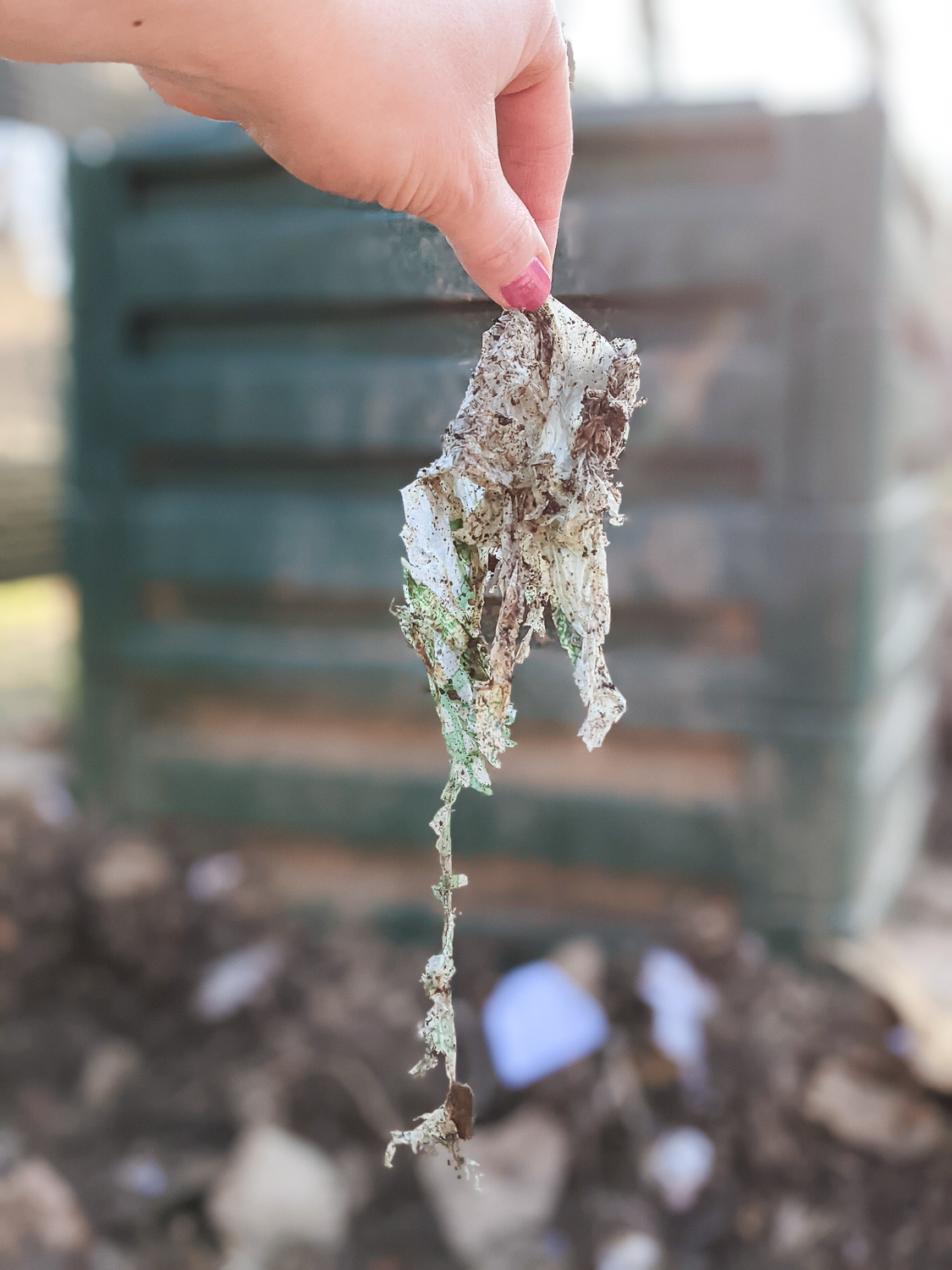Why Zero Waste Jars Are Garbage
Reducing our waste is more complicated than meets the eye. Claiming anyone can reduce their waste to fit into a mason jar is ridiculous. The exercise of trying an experiment to measure your waste creates great awareness for progress, but I think it’s less than helpful to purport that one can really live zero waste. And here’s why…

Guess what?! I’m a zero-waste, sustainable living advocate and blogger. And I create trash. A lot of it.
Every Monday morning, my husband or I walk our large trash bin, provided to us by our waste management company, to the end of our driveway for pickup. We don’t fill it to the brim every week, but it always holds the bag or two of trash that we produced over the last seven days. Sometimes the local raccoons steal a few things, but even they don’t care for most of it.
Our trash includes plastic, food scraps that can’t go in our compost, and a host of other things that don’t have a home other than the landfill. Do you know what’s not in our trash can though? All of the waste and garbage created upstream from all the things we use and consume every day.
Upstream Waste We Don’t See
Let’s walk through an example:
Recently, we ate fish, rice pilaf, and sauteed vegetables from our local farmers’ market. Let’s suppose, for sake of example, that I carried the salmon home from the grocery store in a reusable container, I bought the rice pilaf in the bulk section with my own container, and I brought the vegetables home in reusable produce bags. Zero waste?! Nope!
Where do you think the nets are that caught the fish? I can’t say for sure, but fishing nets are one of the largest plastic pollutants in the ocean. I bet the fishermen didn’t responsibly recycle the nets they used.
How do you think the fish and the rice got to the store? I bet they came in packaging, and I bet it ended up in a landfill somewhere. Do you think the farmer used fertilizer on his vegetable crops? Do you think that came in packaging?
Making a concerted effort to reduce waste matters. It’s important. Continuous practice and discussion stimulate cultural change and reinforce personal values. No matter how little trash we can count from our kitchens and bathrooms, however, we all create upstream waste … even if we’re measuring our trash in volumes of mason jars.
Screw the Mason Jars
Many zero waste aficionados tout the limited amount of trash that they produce by storing it in a mason jar for many months or even years. This is garbage, and it’s not doing anyone much good.
We are all creating lots of waste in various ways throughout our lives. Because of the way our world works from everyday consumption to globalization, we’re all creating waste or at least using products that create waste before they end up in our hands. To suggest that most people can live with just a mason jar full of trash is counterproductive. At the very least, it sets an unrealistic precedent.
I’m not suggesting the exercise of auditing your trash or measuring it in mason jars is bad in and of itself. Quite the contrary, I think such exercises are helpful to reflect on how much garbage we make and how much our systems are built to encourage waste production. These exercises also encourage us to get serious and creative about reducing waste.
Easy Zero Waste Precedents
I take issue with influencers who suggest that a zero-waste lifestyle is easy or just a few bad habits away from attainable.
Suggesting that a truly zero waste or nearly zero waste life is realistic and that it can result in massive paradigm shifts in our collective environmental conscience places a significant burden on the individual to save the world.
Reducing waste in certain ways can be fairly easy when we make some simple changes… at first. As we travel further down the path, lifestyle changes often become more difficult and return less benefit, particularly if we are living everyday, mainstream lifestyles. Further, when we consider upstream waste, zero waste living is simply impossible.
Beyond making us feel bad about the large bins of trash we leave at the end of our driveways and throw down our trash shoots at the end of each week, the “simple” zero waste mason jars are just lies. There’s nothing easy about constantly fighting the status quo of a world that produces insidious amounts of waste.
Better Choices Matter And Are Possible
Don’t get me wrong; I believe we can make better choices. I created my own #FamiliesDoZeroWaste hashtag on Instagram for crying out loud. But none of us will be single-handedly saving the world nor should we feel guilty about not doing it.
Together, we can practice what we preach through realistic exercises. Small actions do matter. As I mentioned above, everyday habits create cultural movements and instill values that eventually drive larger action, but alone they will never suffice.
To really drive paradigm shifts, we must also support with our time and our money organizations that are actively fighting for regulatory change. We can promote companies that creatively find new sustainable alternatives that are effective for the long haul and for the masses. (Reusable straws and utensil sets are not for the masses.)
We should celebrate organizations that invest in research and development to create more sustainable alternatives that aren’t hard to execute, comparatively expensive, or socially prohibitive to use every day. Pela phone cases, Allbirds shoes, and Thinx underwear are great examples of companies making high-quality, everyday products that fit seamlessly into a mainstream lifestyle.
Paradigm Shifts to Support Everyday Actions
I’m not suggesting we all just throw in the towel and leave our planet in terrible condition. However, I do hope to encourage people to take a more realistic perspective on the things we can do to make our world a better place and also the entities and movements we can support that are affecting systematic change for the better.
If we want a healthier planet and don’t want to be drowning in landfills or swimming in polluted water, we need to practice what we preach. We need to live out our values through our everyday actions.
But that alone is not enough. Zero waste mason jar diehards need to start singing a different tune or at least add a harmony of regulatory action and system-wide paradigm shifts to pair with their melody of individual accountability.
Right now, environmentalism feels like an uphill battle. We will know we’ve “made it” when respecting our Earth feels more like a downhill jog.
If You Liked This Post, You Might Also Like
Is A Life Less Throwaway A Pipe Dream?
When Are Zero Waste Efforts Not Worth The Benefits?










I remember following a zero waste blogger years ago. She honestly thought it was better to buy cookies (made from junk ingredients) from the grocery store from a bin and put them in her own bag, rather than make her own good quality cookies, because to make her own she created garbage. She was blind to what was happening upstream.
Yeah – it’s really true how much we forget about what we don’t see (and that probably applies in a lot of ways in life for so many of us)… 🙁 Thanks for the thoughts!